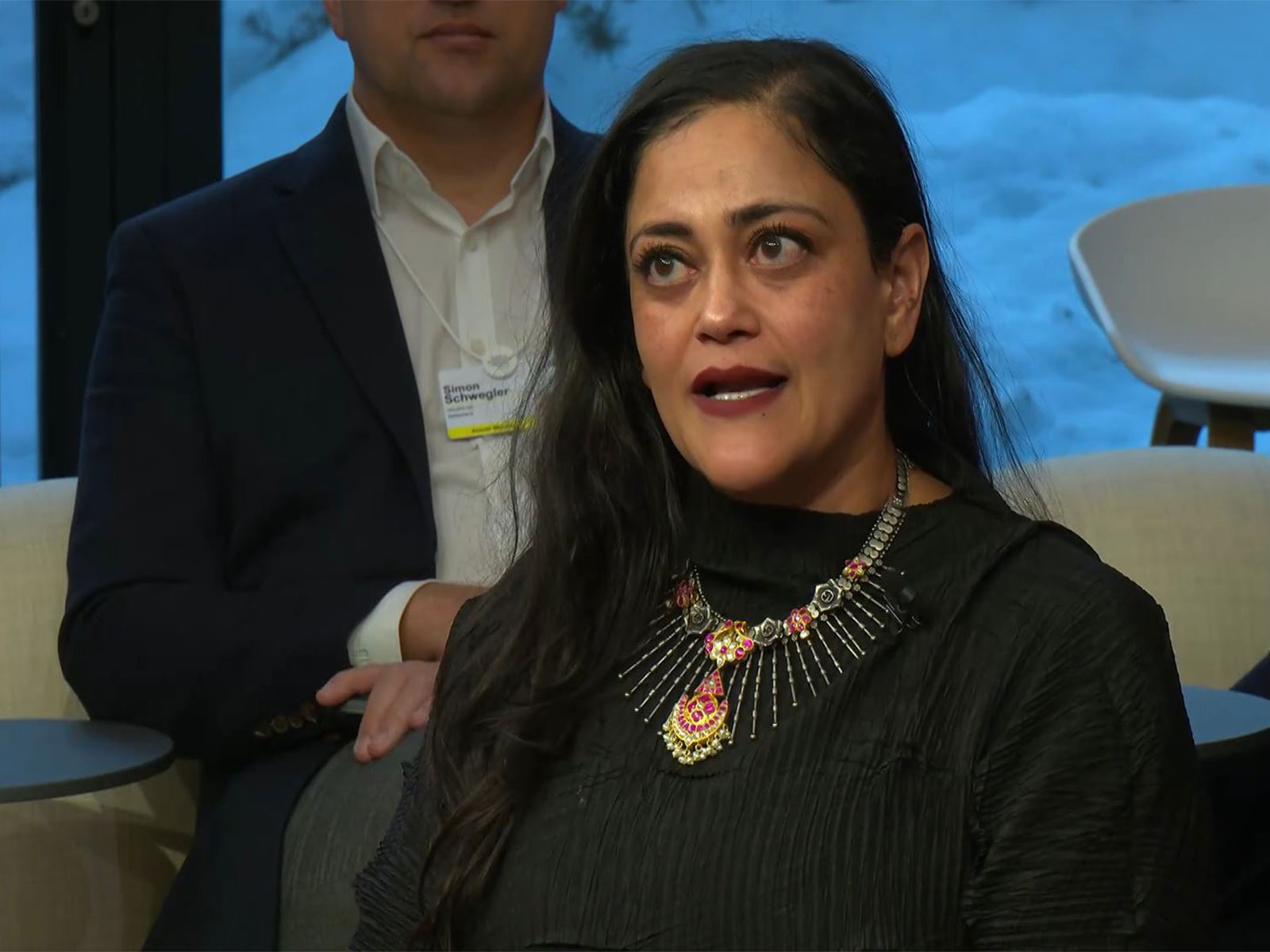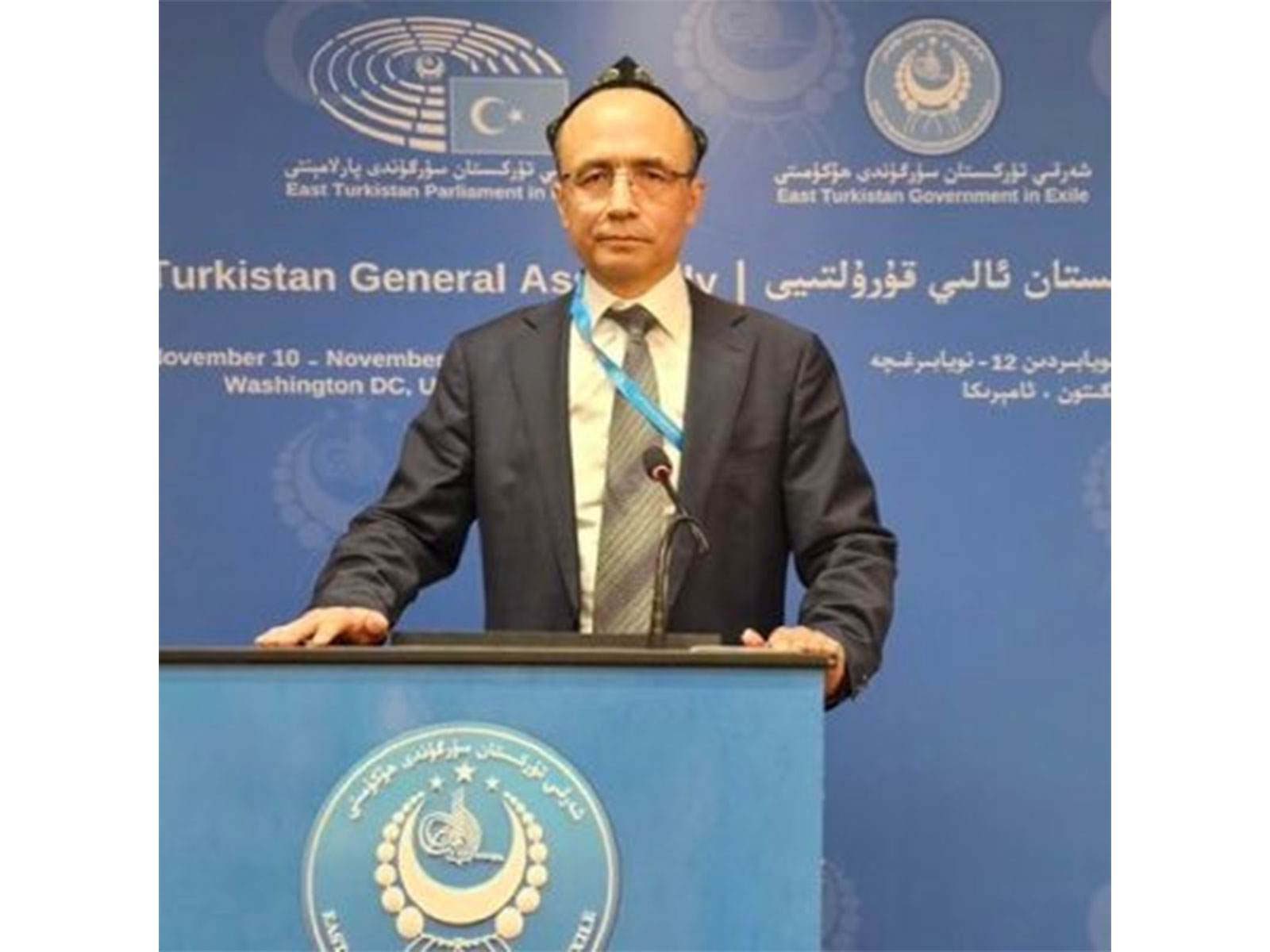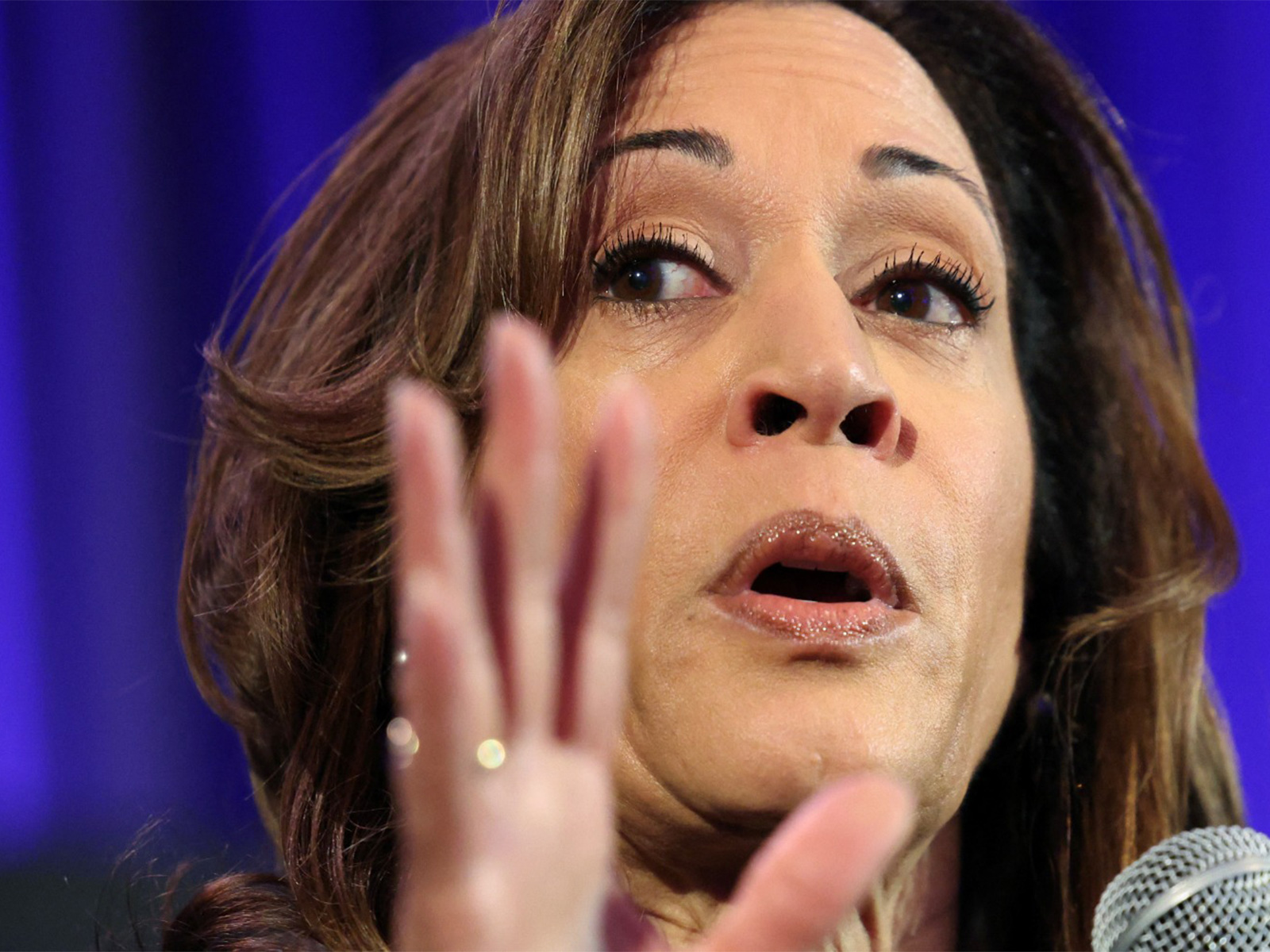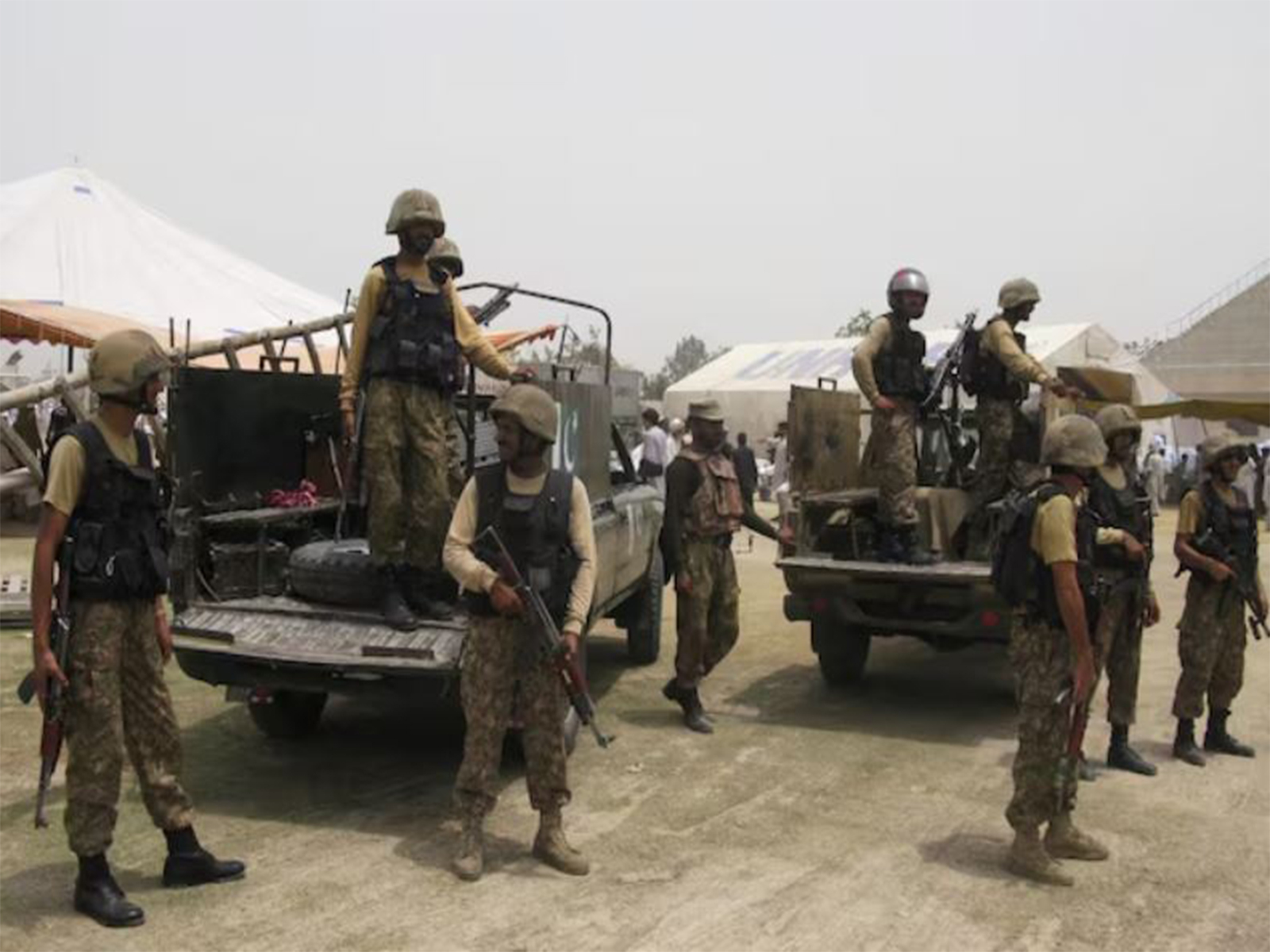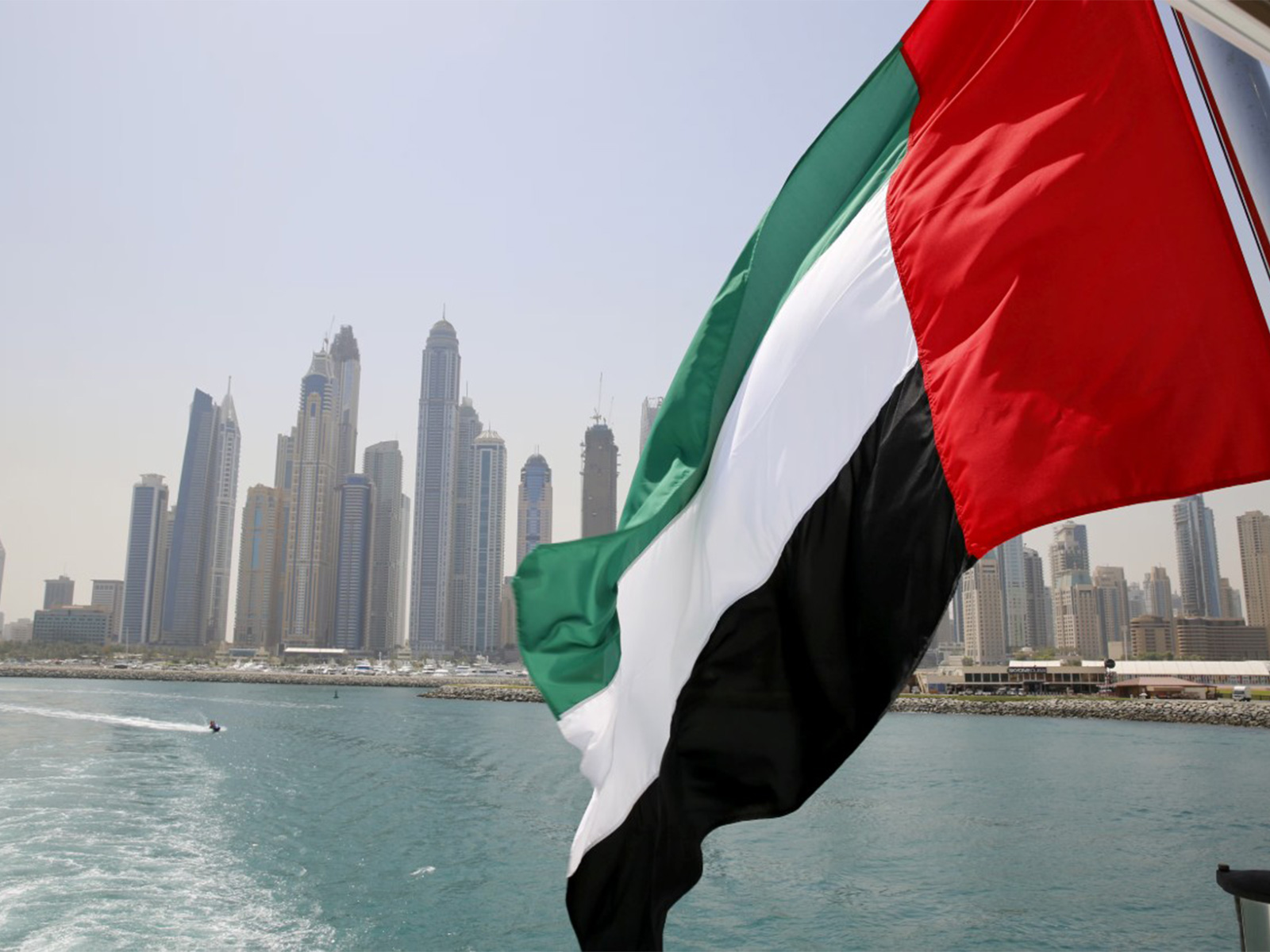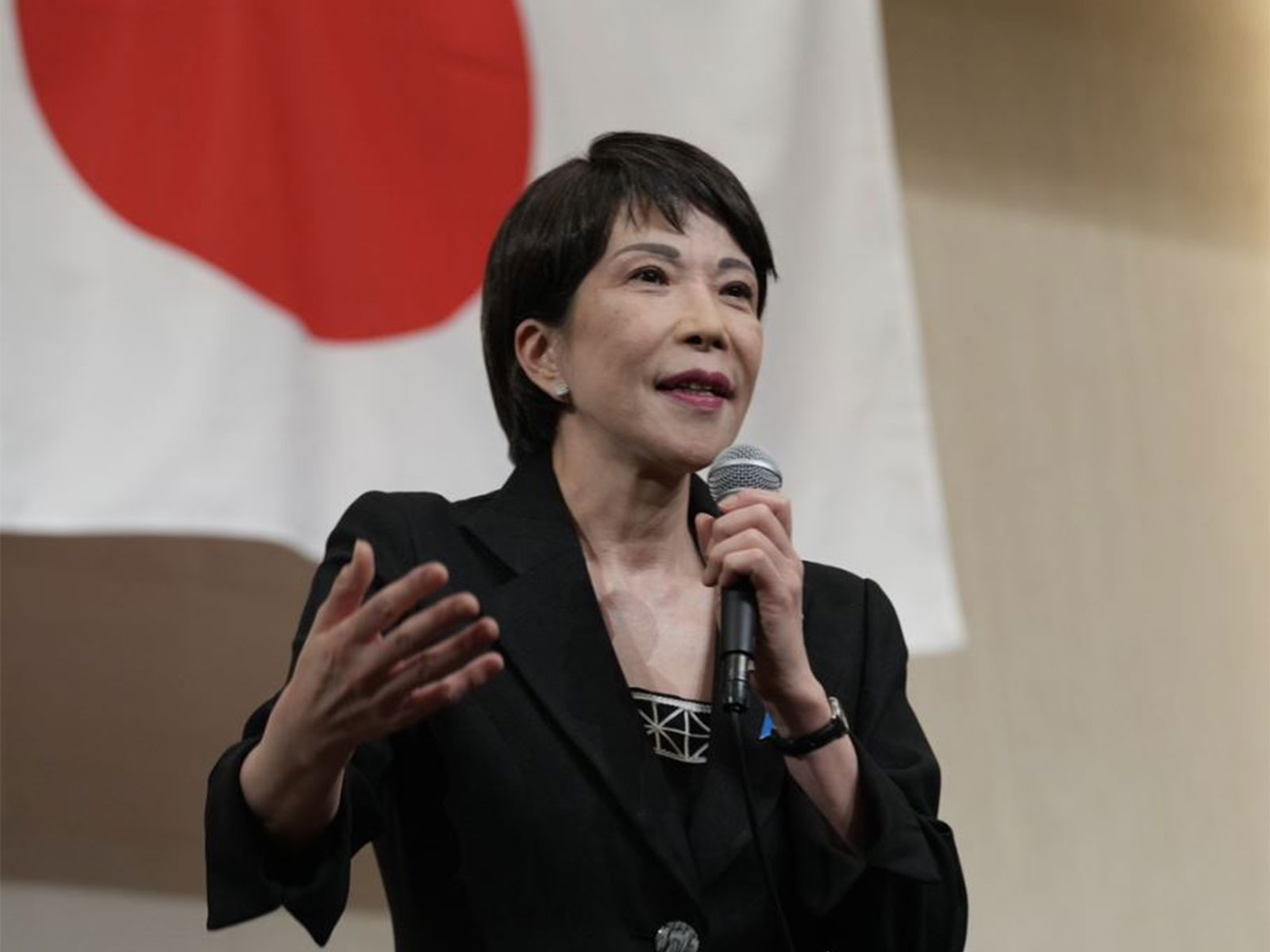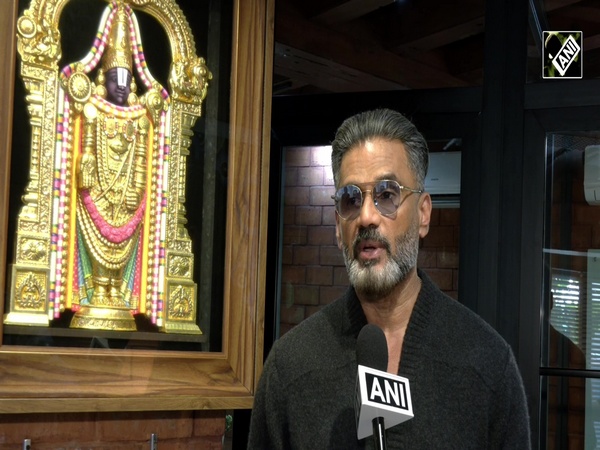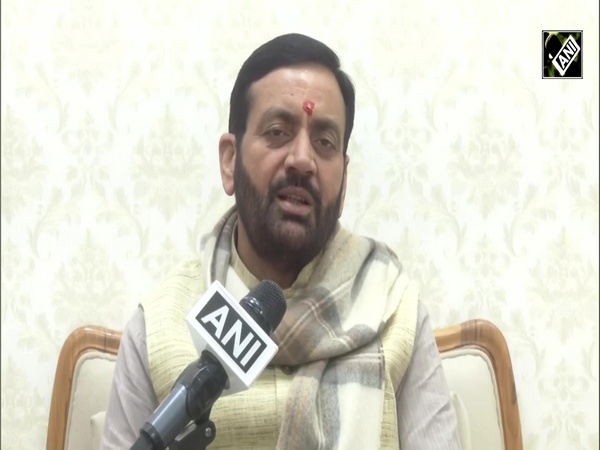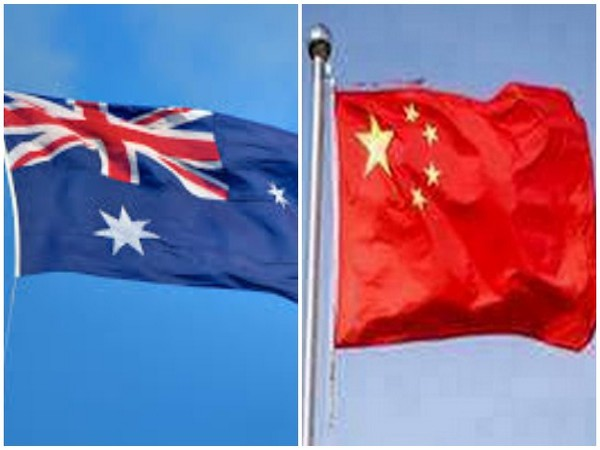
Australia probes Nauru's USD 1 Billion deal with Chinese firm over possible security treaty breach
Aug 22, 2025
Canberra [Australia], August 22 : The Australian government is looking into whether the new AUD 1 billion (USD 650 million) development agreement between Nauru and a Chinese corporation violates an existing bilateral security accord, The Epoch Times (TET) reported.
This agreement, established in December 2024, mandates that Nauru obtain Australia's approval before forming any third-party security alliances, including those related to critical infrastructure such as telecommunications or banking.
This exclusivity requirement is intended to prevent a recurrence of the 2022 security pact between the Solomon Islands and Beijing, which grants the Chinese Communist Party (CCP) the authority to deploy armed forces and naval ships in the area.
In exchange for the Nauru contract, Canberra has committed to support the fragile banking system of the small nation, providing USD 100 million in budget assistance and contributing USD 40 million toward policing efforts. Pacific Minister Pat Conroy confirmed that Australian officials are in discussions with Nauru to assess whether the August 5 agreement with the China Rural Revitalisation and Development Corporation (CRRDC) violated treaty stipulations, according to TET.
"This treaty is extremely significant for us, positioning us as Nauru's preferred security partner," Conroy stated in Brisbane on August 19. The Nauru-CRRDC agreement, which was announced on August 11, was signed by Nauru's Foreign Minister Lionel Aingimea and CRRDC chairman Zhang Yong.
The first phase of the three-part project is valued at AUD 1 billion and encompasses multiple sectors, including renewable energy, phosphate production, marine fisheries, water management, and agriculture. As is often the case with public contracts signed with Beijing, additional details were not disclosed.
"A scoping team from CRRDC is scheduled to arrive in Nauru in October to engage with key local ministries and stakeholders for developing a successful roadmap," a statement quoted by TET noted.
"The consultation and implementation phase is also expected to create more job opportunities, enhance trade possibilities, and foster cultural exchanges among people." Minister Conroy emphasized that Canberra does not oppose development assistance from other countries. "We believe other nations should contribute their fair share and invest in the Pacific; this benefits the region," he remarked, as highlighted by TET.
"What we have made very clear is that every nation in the world must respect the perspectives of the Pacific Islands Forum (PIF) and the consensus of its leaders, which asserts that PIF member countries should maintain security."
This development arises as the Solomon Islands gears up to host the upcoming Pacific Islands Forum leaders' meeting in September, with China, Taiwan, and the United States not being invited, as mentioned by TET.
Over the past decade, Australia has intensified its Pacific strategy through security agreements and high-level visits, emphasising its efforts to curtail the CCP's sway in the region. In recent years, Canberra has concluded a series of security pacts with Pacific countries, many of which include exclusivity clauses.
A new treaty with Papua New Guinea (PNG) clearly prohibits any CCP security presence and will enable PNG citizens to join the Australian Defence Force. The official signing is slated to take place during PNG's 50th independence celebration in Port Moresby this September, as reported by TET.
